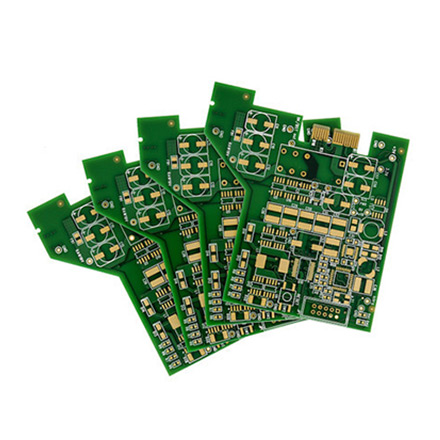

Understanding Insulated Glass Unit Suppliers An Overview
Insulated glass units (IGUs) have become integral in modern architecture and construction, offering enhanced energy efficiency, aesthetic appeal, and comfort. This article discusses the importance of insulated glass units, the role of suppliers in the industry, and key factors to consider when selecting an IGU supplier.
What are Insulated Glass Units?
Insulated glass units are composed of two or more glass panes separated by a spacer and sealed to create an airtight seal. This design minimizes heat transfer, effectively reducing energy costs for heating and cooling buildings. IGUs are commonly used in windows, doors, skylights, and curtain walls, making them essential components in both residential and commercial buildings.
Importance of Insulated Glass Units
The primary benefit of insulated glass units is their superior thermal performance. They help maintain a comfortable indoor environment by minimizing heat loss in winter and heat gain in summer. As energy efficiency becomes increasingly important, IGUs play a vital role in meeting building codes and standards aimed at reducing environmental impact.
Moreover, IGUs provide sound insulation, enhancing the acoustic comfort of buildings. This is particularly beneficial in urban settings where noise pollution can affect the quality of life. Additionally, modern IGUs are designed with various coatings and treatments that can reduce UV radiation, protecting interiors from fading and improving overall occupant comfort.
Role of Insulated Glass Unit Suppliers
Suppliers of insulated glass units are crucial in the manufacturing and distribution chain. They provide both standard and custom solutions tailored to the needs of architects, builders, and homeowners. Choosing the right supplier can significantly impact the overall performance and longevity of the insulated glass units.
Here are a few key roles that these suppliers play
1. Quality Control Reliable suppliers adhere to stringent quality standards, ensuring that the IGUs they produce meet safety and performance specifications. They often conduct tests for thermal performance, structural integrity, and resistance to weather elements.
2. Customization Depending on project requirements, suppliers can offer varying configurations of IGUs, including different glass types, thicknesses, and gas fillings (e.g., argon or krypton). This customization allows for enhanced energy efficiency and performance tailored to specific building designs.

3. Technical Support Established suppliers provide technical assistance to architects and builders during the design and installation phases. Their expertise helps ensure that the insulated glass units integrate seamlessly into building designs while meeting performance criteria.
4. Networking Suppliers often have a network of relationships with manufacturers and distributors, facilitating the procurement of quality materials and efficient logistics. This can lead to cost savings and faster project completion times.
Choosing the Right Insulated Glass Unit Supplier
When selecting a supplier for insulated glass units, it is essential to consider several factors
1. Reputation and Experience Look for suppliers with a proven track record in producing high-quality IGUs. Online reviews, testimonials, and case studies can provide insight into their reliability and performance.
2. Certifications and Standards Ensure that the supplier meets industry standards and certifications (like ISO or ASTM) that guarantee the quality and performance of their products.
3. Product Range A supplier that offers a wide variety of products and customization options will be better equipped to meet unique project requirements.
4. Customer Service Excellent customer service is crucial for addressing any issues that arise during the selection or installation process. Suppliers who offer responsive support and guidance can enhance the overall experience for clients.
5. Sustainability Practices As sustainability becomes a focal point in construction, consider suppliers that prioritize eco-friendly practices and materials in their manufacturing processes.
Conclusion
Insulated glass units are essential for energy-efficient buildings, providing comfort and aesthetic value. As the demand for high-performance glazing solutions increases, the role of insulated glass unit suppliers becomes more critical. By selecting the right supplier based on reputation, quality, and service, builders and architects can ensure the success of their projects while contributing to a more sustainable future.